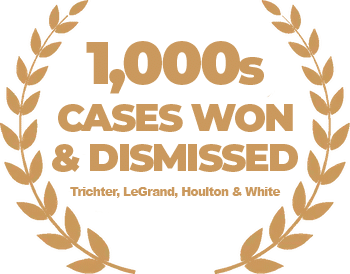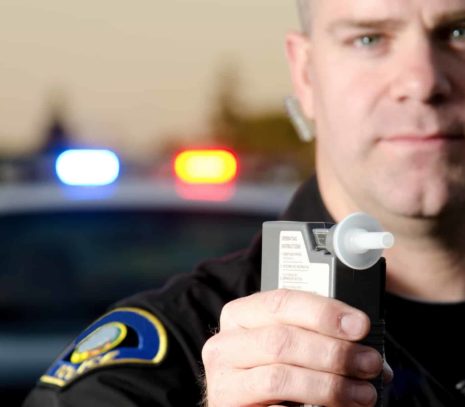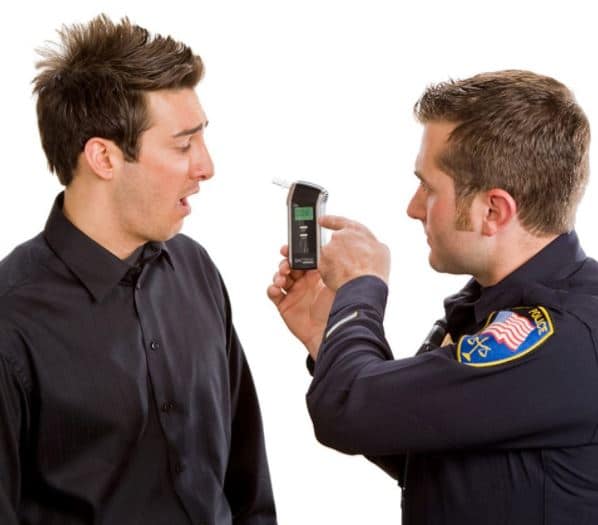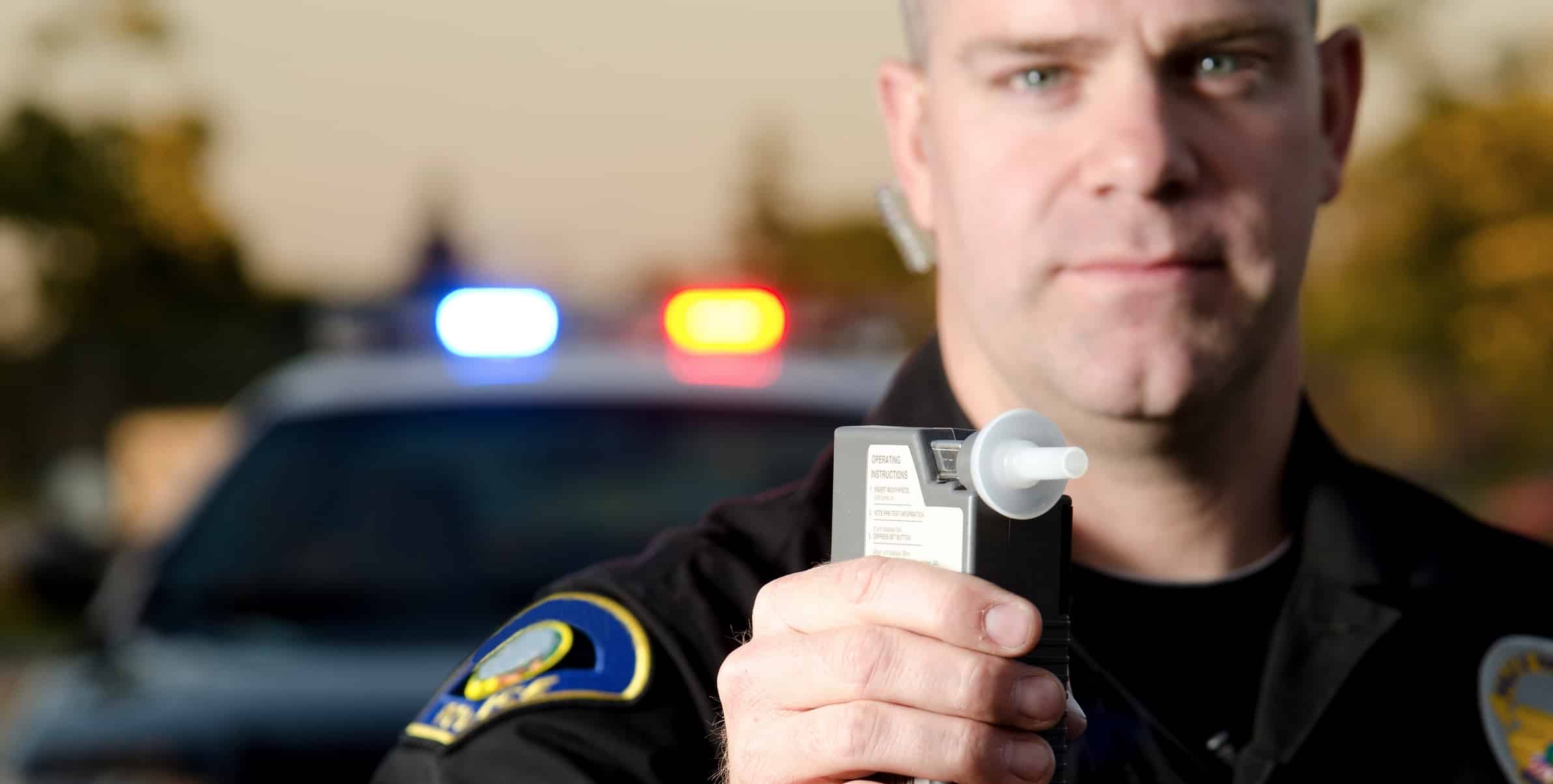BLUE LIVES MATTER
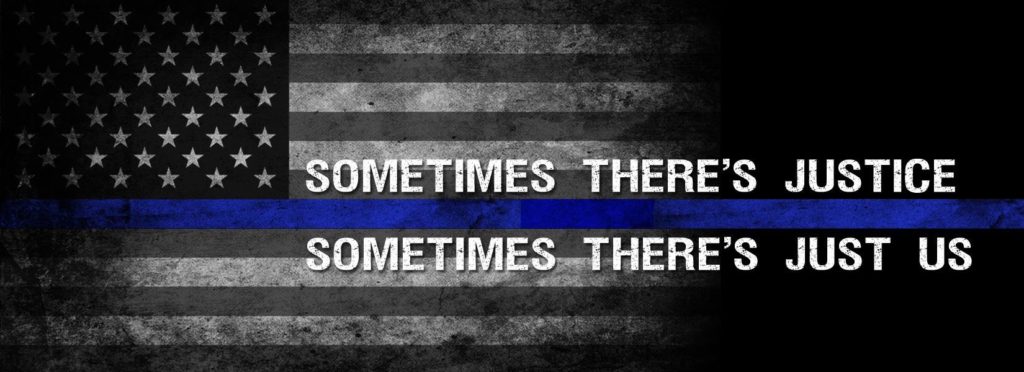
In the course of recent events, we’ve heard the media-driven mantras ‘Black Lives Matter’ and ‘All Lives Matter.”
Well, police lives matter, too.
Thousands of men and women, who have been participating in protests around the country, reveal that there are huge issues of misunderstanding and distrust between police officers and the people they serve.
A reoccurring issue today is the use of force by law enforcement.
The use of force is not a question of ‘if’ but ‘when’, and when that moment inevitably arrives, the probability for it to be necessary should not be a surprise.
Police split-second decisions generally have permanent consequences.
It is impossible to always reach a perfect resolution to manage physical violence and crime. No officer wants to kill, but every officer, just like every military person, must be prepared to take a life in order to save others for self defense.
We all know this and ought to support and acknowledge it.
It’s disheartening certain media repeatedly parades certain unrepresentative stories suggesting they are the norm instead of the exception.
Of course, these narratives are to boost ratings but not truth.
Sadly, they spark foreseeable conflict between police officers and those that they both serve and protect.
These off balance stories can recklessly ramp up racism where police officers are being attacked and even assassinated when race was never an issue.
These actions are an ‘affront to civil society,’ and in particular to recently deceased Harris County Deputy Darren Goforth, his family, the Harris County Sheriff’s Office, and all law enforcement.
If police were construed as more harmful than beneficial, then imagine a society without police or, where police officers refuse to render aid in an area that is openly hostile towards it.
What other 24-hour non-military agency would be accessible to provide immediate protection in a time of crisis?
What organization would provide immediate relief or aid during a natural disaster or terrorist attack?
Who would bring a criminal suspect before our judicial system to deter future crime?
Who else has received the proper training to conduct a proper murder investigation so that justice is preserved?
Without this accessibility, proper training and dedication police officers provide, it’s unfathomable to know the number of lives that would not be saved or future crimes that would not be deterred.
The overwhelming majority of men and women who have chosen law enforcement have dedicated their lives to the communities they serve and protect.
We should continue to highlight the every day bravery that police officers show in our communities.
They have put their all on the line 24/7.
We as a free people, and in our desire to continue to be a free people, need to support our police.
Yes, blue lives matter!
Moreover, ALL LIVES AND TRUTH MATTER!
TELL US ABOUT YOUR CASE
Form Submissions have a fast response time. Request your free consultation to discuss your case with one of our attorneys over the phone. The use of this form does not establish an attorney-client relationship.
The information on this website is for general information purposes only. Nothing on this site should be taken as legal advice for any individual case or situation. This information is not intended to create, and receipt or viewing does not constitute, an attorney-client relationship.

